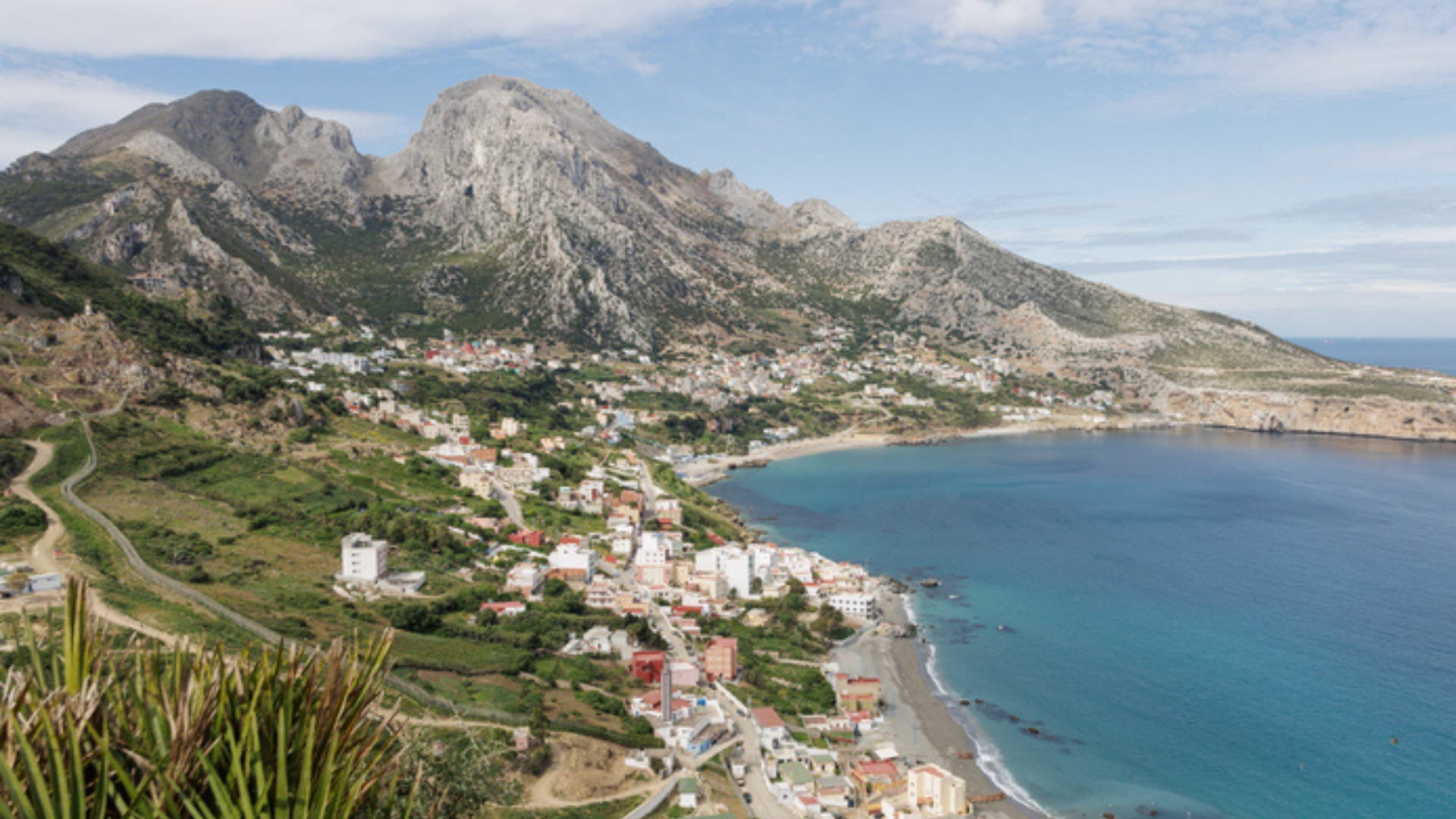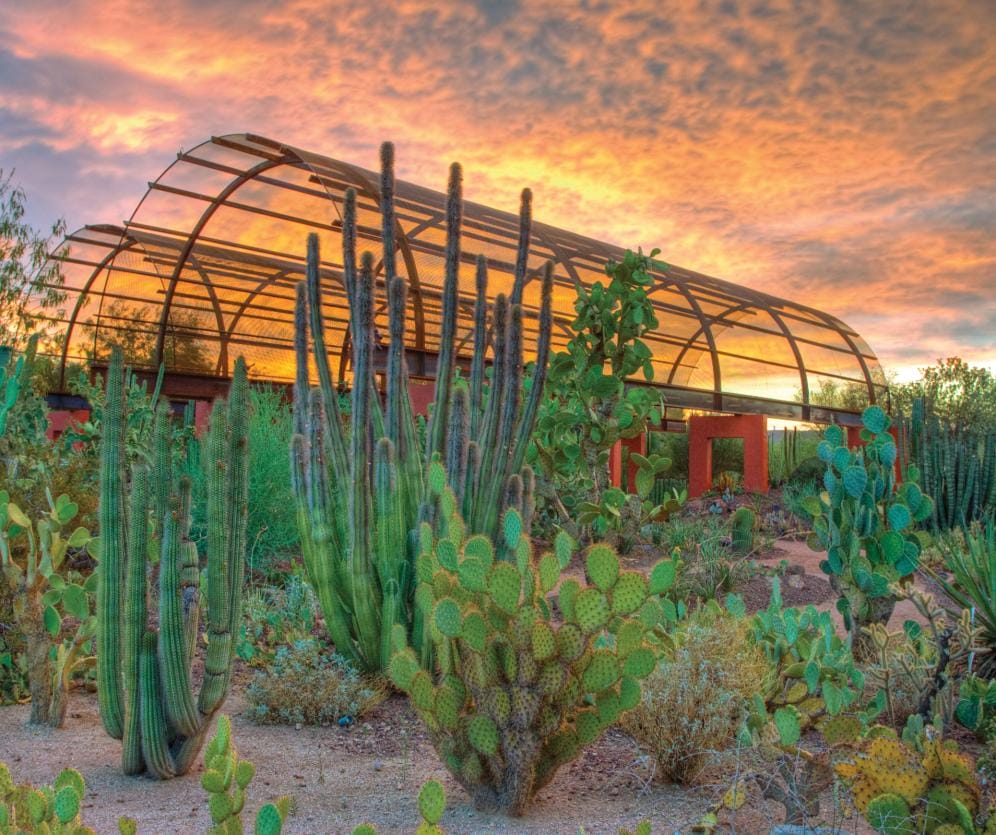Are you craving a unique and enriching travel experience? Look no further than the enclaves of Ceuta and Melilla, located on the northern coast of Africa. These fascinating territories, nestled between the Mediterranean Sea and Morocco, offer a truly one-of-a-kind adventure, combining history, culture, and politics like no other destination. Join us as we embark on a captivating journey to explore Ceuta and Melilla, where Spanish and Moroccan influences merge to create a distinctive and vibrant atmosphere.

Understanding Ceuta and Melilla: A Brief Overview
Before diving into the intricate details of these enclaves, it’s important to gain a general understanding of their historical significance and geographical context. Ceuta and Melilla have long been prized for their strategic locations. They have served as crucial trade and military outposts due to their proximity to both Europe and Africa.
The Historical Significance of Ceuta and Melilla

The history of Ceuta and Melilla is rich and complex, with influences from various civilizations throughout the ages. Phoenicians, Romans, Vandals, and Visigoths have all left their mark on these territories. However, it was the arrival of the Moors in the 8th century that truly shaped their cultural landscape, as they introduced Islam and established Muslim rule.
Over the centuries, Ceuta and Melilla became contested territories, changing hands between different powers, including the Portuguese and the Spanish. In 1668, the Treaty of Lisbon officially recognized Spanish sovereignty over Melilla, while Ceuta remained under Spanish control. Today, they are the only European territories located on African soil.
The Geographical Location and Landscape of the Enclaves

Ceuta and Melilla enjoy a stunning natural setting, boasting beautiful beaches, towering mountains, and picturesque landscapes. Situated on the southwestern edge of the Mediterranean, the enclaves benefit from a mild, Mediterranean climate, making them ideal destinations for both sun-seeking tourists and nature enthusiasts.
The rugged coastline offers breathtaking views of the sea, while inland areas are characterized by rugged mountain ranges, such as Mount Hacho in Ceuta and Mount Gurugú in Melilla. These natural wonders not only provide stunning panoramas but also offer opportunities for hiking, rock-climbing, and wildlife observation.
The Unique Cultural Blend in Ceuta and Melilla
One of the most captivating aspects of Ceuta and Melilla is the fusion of Spanish and Moroccan cultures. Each enclave has a distinct identity, reflecting its historical background and geographical location. Exploring the cultural tapestry of these territories is a delight for visitors seeking an immersive and diverse experience.
The Influence of Spanish and Moroccan Cultures

The Spanish influence in Ceuta and Melilla is evident in the architecture, language, and cuisine. Strolling through the streets, visitors will encounter stunning examples of Spanish colonial buildings, blending Mediterranean, Moorish, and Baroque styles. The use of the Spanish language is prevalent, although Arabic is also widely spoken, emphasizing the multicultural nature of these enclaves.
On the other hand, the Moroccan influence is palpable in the vibrant souks, where visitors can immerse themselves in a bustling atmosphere of colors, scents, and sounds. Authentic Moroccan products, like spices, leather goods, and traditional crafts, are sold throughout the marketplace, offering visitors a chance to take home a piece of Moroccan culture.
Local Customs and Traditions
The locals in Ceuta and Melilla take great pride in their customs and traditions. The enclaves are known for their lively festivals and religious celebrations, which fuse together Spanish and Moroccan elements. One such festival is the Fiestas de la Reconquista in Ceuta, commemorating the city’s reconquest by the Christians. During this vibrant event, the city streets come alive with parades, music, and traditional dances.
Religion also plays a significant role in the lives of the residents, with Islam and Catholicism being the predominant faiths. Mosques and churches coexist harmoniously, and visitors have the opportunity to witness the interplay between these two religions, fostering a sense of tolerance and mutual respect.
The Political Intricacies of Ceuta and Melilla

Beyond the cultural richness, Ceuta and Melilla are also entangled in political complexities that have far-reaching implications. These enclaves, despite being geographically located in Africa, fall under Spanish sovereignty, leading to ongoing debates and controversies surrounding their political status.
The Controversial Sovereignty Issues
Both Ceuta and Melilla have been subject to territorial disputes, with neighboring Morocco claiming them as part of its national territory. Despite Spain’s firm control over these enclaves, Morocco considers their presence as a remnant of colonialism and continues to press for their return. This ongoing sovereignty dispute adds another layer of intrigue to the enclaves’ already fascinating history.
The Role of Ceuta and Melilla in European and African Politics
Besides the local political dynamics, Ceuta and Melilla also have significant implications at a larger scale. These enclaves serve as the only land borders between Africa and the European Union, making them vital entry points for migrants and refugees seeking access to Europe.
Issues surrounding immigration, border control, and the response of European nations to these challenges have thrust Ceuta and Melilla into the spotlight of European and African politics. The enclaves’ geopolitical importance cannot be underestimated, as they represent a microcosm of the broader debates and policies shaping migration and border security in the 21st century.
The Economic Landscape of the Enclaves
The complex political circumstances surrounding Ceuta and Melilla also influence their economic endeavors, creating a distinct economic landscape that is worth exploring. As enclaves with unique geopolitical positions, these territories face both advantages and challenges when it comes to their economic development.
The Impact of Border Control on Local Economy
The heavily fortified borders, separating Ceuta and Melilla from Morocco, have a significant impact on the local economy. While these measures ensure security, they also pose challenges for the movement of goods, services, and people. However, this strategic location has also provided opportunities for trade and tourism, allowing for the growth of industries such as retail, logistics, and hospitality.
Tourism and Its Influence on the Enclaves’ Economy
Tourism plays a crucial role in the economic vitality of Ceuta and Melilla. Visitors flock to these enclaves to experience the unique blend of cultures, stunning landscapes, and historical treasures. The enclaves offer a range of accommodations to suit all budgets, from luxury resorts to boutique hotels. Popular attractions include the Museo de la Basilica Tardorromana in Ceuta, showcasing Roman ruins, and the Melilla la Vieja, a well-preserved 16th-century fortress in Melilla.
Additionally, the enclaves’ proximity to Morocco provides an opportunity for visitors to explore the vibrant cities of Tetouan and Nador, further enriching their travel experience. Whether it’s indulging in delicious Moroccan cuisine or exploring the bustling markets of Tetouan, there is no shortage of delightful experiences awaiting those who choose to venture beyond the borders of Ceuta and Melilla.
The Social Fabric of Ceuta and Melilla
As we delve deeper into the enclaves of Ceuta and Melilla, it becomes apparent that the social fabric of these territories is as diverse and vibrant as their cultural tapestry. The blending of ethnicities, religions, and languages creates a unique setting that poses both challenges and opportunities for the residents.
The Multicultural Society and Its Challenges
Ceuta and Melilla are home to a multicultural society, with inhabitants hailing from various backgrounds. The coexistence of different cultures and traditions adds to the richness of the enclaves but also presents challenges. The integration of different communities, each with its own customs and languages, requires ongoing efforts to foster understanding and harmony.
The Role of Religion in Everyday Life
Religion plays a significant role in the daily lives of the residents of Ceuta and Melilla. Beyond the architectural manifestations of faith, the enclaves serve as places where religious practices thrive. Mosques and churches serve not only as places of worship but also as gathering points for the community, fostering a sense of unity and shared values.
The interplay between Islam and Catholicism creates an environment where dialogue and cooperation are encouraged, helping to bridge divides and embrace diversity.
A journey to Ceuta and Melilla is a voyage into the heart of a unique blending of Spanish and Moroccan cultures, marked by centuries of history, vibrant traditions, and political intricacies. These two truly unique travel destinations offer the natural beauty of the Mediterranean, rich history and vibrant culture. Not to mention, you have the benefit of exploration on two different continents, with Europe being a stone’s throw away from both Ceuta and Melilla and several African countries accessible on the shores of Northern Africa.



